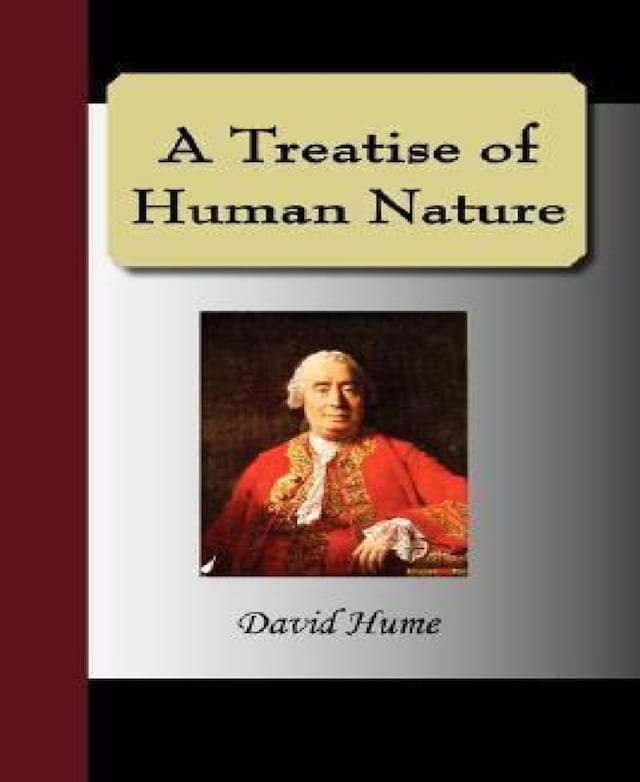
A Treatise of Human Nature
Beschrijving van het boek
A Treatise of Human Nature is a book by philosopher David Hume. The introduction presents the idea of placing all science and philosophy on a novel foundation: namely, an empirical investigation into human psychology.
It is evident, that all the sciences have a relation, greater or less, to human nature: and that however wide any of them may seem to run from it, they still return back by one passage or another. Even. Mathematics, Natural Philosophy, and Natural Religion, are in some measure dependent on the science of MAN; since the lie under the cognizance of men, and are judged of by their powers and faculties. It is impossible to tell what changes and improvements we might make in these sciences were we thoroughly acquainted with the extent and force of human understanding, and could explain the nature of the ideas we employ, and of the operations we perform in our reasonings. And these improvements are the more to be hoped for in natural religion, as it is not content with instructing us in the nature of superior powers, but carries its views farther, to their disposition towards us, and our duties towards them; and consequently we ourselves are not only the beings, that reason, but also one of the objects, concerning which we reason.
If therefore the sciences of Mathematics, Natural Philosophy, and Natural Religion, have such a dependence on the knowledge of man, what may be expected in the other sciences, whose connexion with human nature is more close and intimate? The sole end of logic is to explain the principles and operations of our reasoning faculty, and the nature of our ideas: morals and criticism regard our tastes and sentiments: and politics consider men as united in society, and dependent on each other. In these four sciences of Logic, Morals, Criticism, and Politics, is comprehended almost everything, which it can any way import us to be acquainted with, or which can tend either to the improvement or ornament of the human mind.
 David Hume
David Hume 695 Pagina's
695 Pagina'sCategorieën:
Soort:
Talen:
Engels